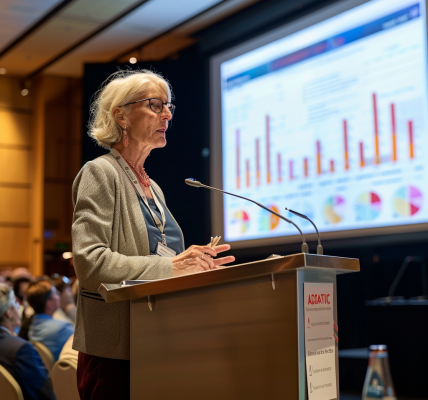Toyota Motor Corporation has announced a significant shift in its approach to diversity, equity, and inclusion (DEI) initiatives. The renowned automaker will be scaling back its support for LGBTQ events and cultural sponsorships, a move that has sparked discussions across corporate America regarding the future of DEI commitments.
In a memo circulated among its 50,000 employees and 1,500 dealerships in the United States, Toyota cited a “highly politicized discussion” surrounding corporate DEI commitments as the primary reason for this strategic pivot. The company stated that it will no longer participate in sponsorships of LGBTQ cultural events and will withdraw from various corporate culture surveys, including those conducted by the Human Rights Campaign, a prominent LGBTQ advocacy organization.
This decision is part of a broader reevaluation of Toyota’s community engagement strategies. The automaker indicated that it will focus its efforts on initiatives that align more closely with STEM (science, technology, engineering, and mathematics) education and workforce readiness. This shift reflects a desire to direct resources towards areas that the company believes will have a more substantial impact on its business and community.
The announcement comes at a time when many corporations are facing backlash over their DEI policies, especially in relation to LGBTQ support. Critics argue that such retreats undermine years of progress made in promoting inclusivity and diversity within the workplace. Supporters of Toyota’s decision, however, suggest that companies should have the flexibility to prioritize initiatives that resonate more with their corporate values and business objectives.
As the conversation around DEI continues to evolve, companies like Toyota are finding themselves at a crossroads. The balance between responding to social pressures and maintaining a focus on business goals is becoming increasingly complex. Toyota’s decision may prompt other corporations to reconsider their own DEI strategies and the potential ramifications of their public commitments.
The automaker’s move has already drawn mixed reactions from various stakeholders. Some employees have expressed disappointment, feeling that the withdrawal from LGBTQ support could be seen as a step backward in the fight for equality. Others within the company have voiced support for a more focused approach to community engagement.
This development highlights the ongoing debate within corporate America about the role of DEI initiatives. As companies navigate these waters, the implications for employee morale, brand reputation, and customer loyalty remain to be seen. The corporate landscape is shifting, and how companies respond to these changes will likely shape the future of workplace diversity and inclusion efforts.
In the wake of Toyota’s announcement, it will be essential for the company to communicate clearly with its employees and stakeholders about the reasons behind this strategic change. Transparency will be crucial in maintaining trust and ensuring that all employees feel valued and included, regardless of their backgrounds.
As the automotive industry continues to evolve, companies like Toyota are under pressure to adapt to changing societal expectations while also addressing their internal business needs. The outcome of this shift in strategy could set a precedent for how other corporations approach their own DEI initiatives in the future.
In conclusion, Toyota’s decision to refocus its DEI efforts and discontinue sponsorship of LGBTQ events marks a significant moment in corporate America. The implications of this move will undoubtedly reverberate throughout the industry, prompting other companies to evaluate their own commitments to diversity, equity, and inclusion in an increasingly polarized environment.





